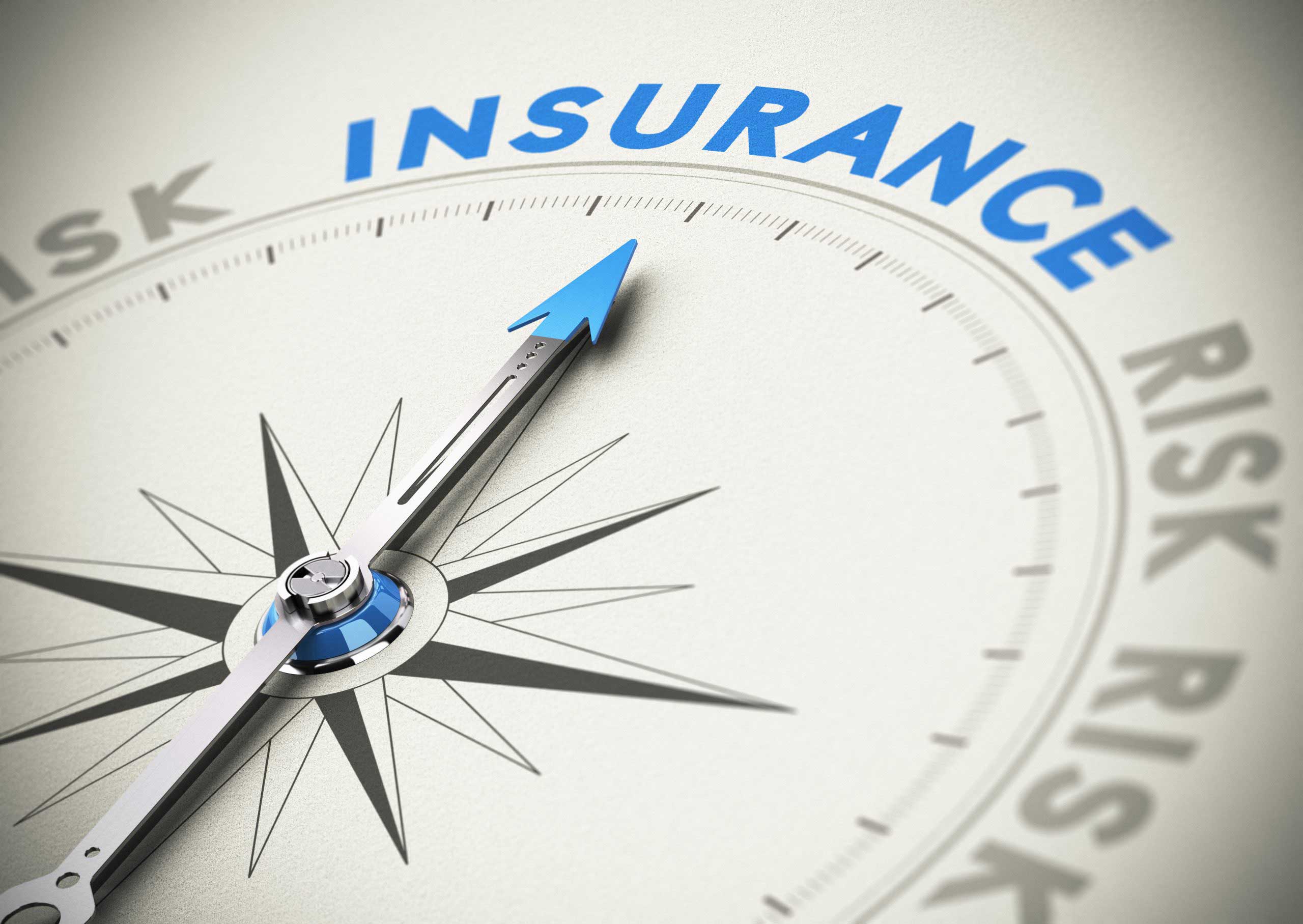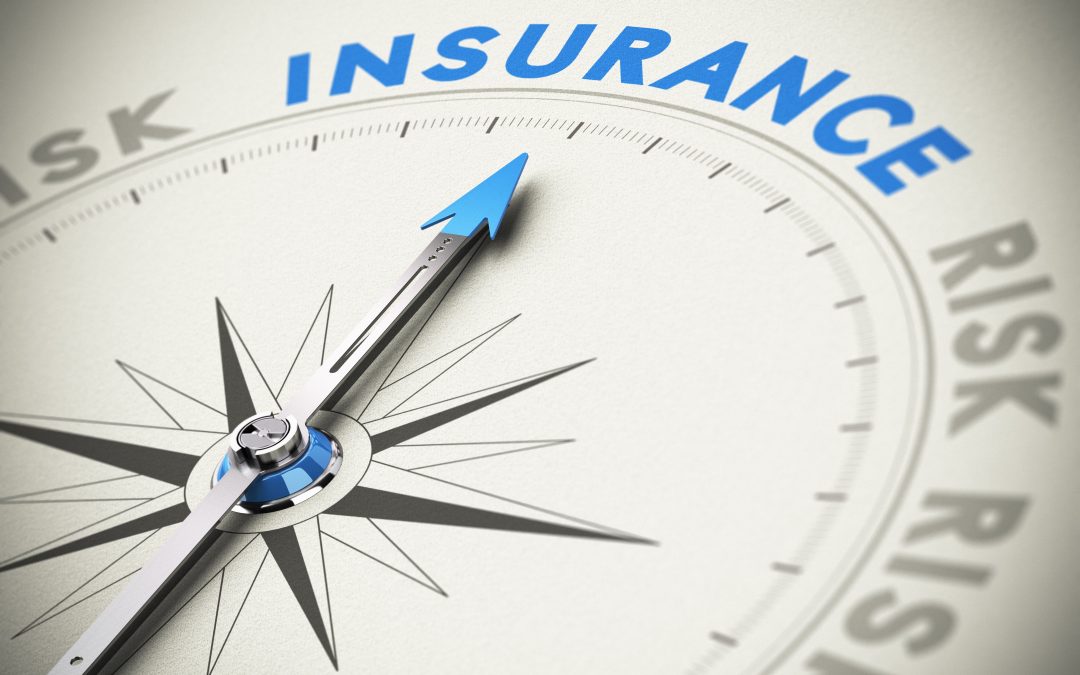
Running your own home inspection business is hard work. There’s licensure. There’s marketing. There’s scheduling. And all of that is on top of the daily ins and outs of connecting with clients and hitting the jobsite on time, with a friendly smile on your face.
One crucial element to running a successful business is managing your risk. As a home inspector, your clients rely on you to provide expert eyes to alert them to potential flaws in the house they’re considering. Their investment — and possibly their safety — is on the line.
Because there’s so much at stake in a real estate transaction, home inspectors can be at risk for a lawsuit if something goes wrong. You’re an expert, but you’re only human, and if a mistake on the inspection report leads your client to buy a house that has a major issue, you could be on the hook for damages.
That’s why choosing and maintaining the right insurance coverage is key. Business insurance will protect you in the event of a lawsuit, and can keep your business — and your personal finances — free from a devastating loss. Here’s what you need to know about the most important insurance options for home inspectors.
General liability insurance
General liability insurance covers accidents that happen on the job. This is sometimes called “slip-and-fall” insurance, because it covers exactly that type of unexpected yet potentially costly event. You never know what can happen, and people sue over all kinds of things.
General liability insurance typically covers the following:
- Bodily Injury: If someone is hurt while you’re doing your job — for example, your client trips over your tape measure and breaks their wrist — they can sue you for medical costs related to the injury.
- Property Damage: If something happens during an inspection that ends up damaging someone else’s property, you could be on the hook to pay for it. For example, your ladder dents your client’s car, or you accidentally break a window in the building you’re inspecting. Insurance can cover repairs or replacement of broken items.
While bodily injury and property damage are by far the most common general liability claims, a good policy will also cover other issues, including:
- Copyright Infringement: Though this is unlikely to affect home inspectors, it’s possible you could be sued for using someone else’s ad slogan or business logo if a similarity exists.
- Reputational Harm: Though also unlikely, this protects you in the event you are sued for slander; for example, if you made statements or ran advertisements about a competitor that hurt their business.
Good general liability coverage will pay for damages if you are determined to be at fault in any of these situations. It will also cover the legal costs of defending yourself in court against both justified and false claims.
Errors and omissions insurance
Also known as professional liability insurance, errors and omissions (E&O) insurance protects you against claims that involve your professional work. For home inspectors, this coverage is what protects you from the nightmare scenario: You missed a crack in the foundation, and now a home buyer is suing you for the cost to rebuild the entire house.
E&O insurance specifically protects you against claims that you were careless or negligent in your work — i.e., that you missed something during your inspection. This insurance covers your professional work, rather than accidents that aren’t related to your skill or the scope of your practice. These policies cover both legal costs and any settlements you may be obligated to pay to make things right.
The importance of good E&O insurance can’t be overstated. Home inspectors often have to deliver bad news to home buyers, and they can be put in a difficult situation when an inspection reveals problems that scare the buyer. Likewise, home buyers who are unhappy with their purchase often look for someone to blame — and that person is often the home inspector. Regardless of whether you are actually at fault for a problem, a lawsuit is time-consuming and costly. Your insurance will cover the legal fees and provide you significant peace of mind throughout the process, should the worst ever come to pass.
Worker’s compensation
If you have even one employee, you’ll need to purchase worker’s compensation insurance to cover them in the event of injury on the job. This coverage is required in nearly every state, though many jurisdictions allow you to exempt yourself as the business owner. This insurance covers the costs of medical bills when an employee gets sick or injured on the job. It can also cover lost wages from time of the job, disability coverage, and death benefits.
The exact requirements for worker’s compensation vary depending on your state, so check your local rules and work with a qualified insurance agent to understand your responsibilities. Having the required coverage will also protect you from fines from your state, which can add up quickly.
Commercial auto insurance
If you have a car or truck that you use solely for your business, you’ll need a commercial auto policy to cover it. This type of coverage works like personal auto insurance and includes the following coverage:
- Liability: Coverage for both bodily injury and property damage caused by the vehicle.
- Medical: Coverage for medical payments for the driver and passengers, regardless of fault.
- Uninsured Motorist Coverage: Makes sure you are covered even if the other driver in an accident is uninsured.
- Comprehensive and Collision: Coverage for damage to your vehicle caused by an auto accident or some other catastrophe, such as a fallen tree limb or vandalism.
If you ever use your personal vehicle for work, you should contact your insurer to ensure that your personal coverage is sufficient or if you need to upgrade to a commercial policy to cover you while on the road to your next home inspection.
Business owner’s policy
A business owner policy (BOP) is a turbo-charged insurance policy designed to protect small- and medium-business owners from common losses. It’s an umbrella package that includes three major types of business insurance. These policies typically cover the following:
- General Liability: The protection against accidental property damage or injury described above.
- Commercial Property: If you own or rent an office or other commercial space, this insurance will protect it from damages from specific events (i.e. fire, vandalism, etc.). It also covers your business property, such as your inspection tools. It’s important to read the fine print about what damaging events are covered, since not every act of God may make the list.
- Business Interruption: This coverage can reimburse you for lost income if you have to stop working due to some catastrophe. For example, if your office building caught fire and you had to evacuate for several weeks for building repairs, this coverage could help you pay for the cost of working out of a temporary space, or provide income if you had to close for a few weeks.
BOP insurance often provides business owners a good deal because it essentially bundles several types of insurance together in one convenient, discounted package. However, your needs as a home inspector may be different that the average small business owner, so you’ll want to review the fine print and make sure you’re getting everything you need — and not overpaying for things you don’t.
Additional considerations for home inspectors
While a business owner’s policy can provide good comprehensive coverage, home inspectors have specific needs to consider that other business owners don’t. For example, inspectors conduct the majority of their work offsite, so it’s important to have off-premises coverage for your gear and other liabilities. Good policies for home inspectors will also include coverage for all the many ancillary services you may provide, including:
- Radon testing and inspections
- Termite and wood-destroying organism inspections
- Rodent inspections
- Indoor air quality testing
- Energy ratings and audits
- Lead paint inspections
- Pool and spa inspections
- Mold and septic inspections
You may also want to make sure that specialty equipment and any liability related to its usage is coverage, including:
- Drones and their cameras
- Infrared thermography
When it comes to insurance for your business, it’s always a good idea to shop around for several quotes to compare rates. You’ll also want to compare coverage and make sure you understand exactly what is covered, particularly when it comes to the specific liability issues you face and equipment you use as a home inspector.
Looking for more great advice about running a successful home inspection company? We’re here to help! Check out the HomeGauge Learning Center for additional tips for making the most of your inspection business.
